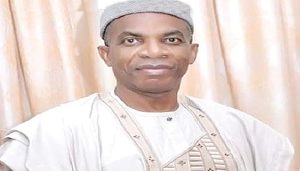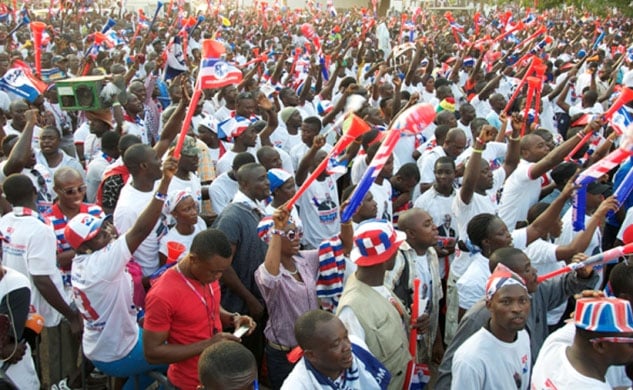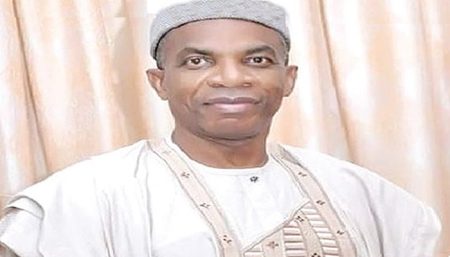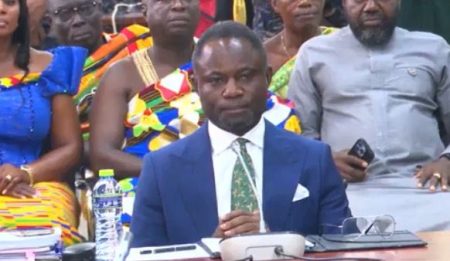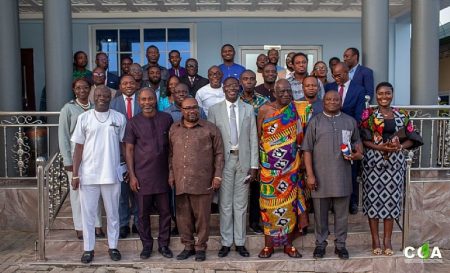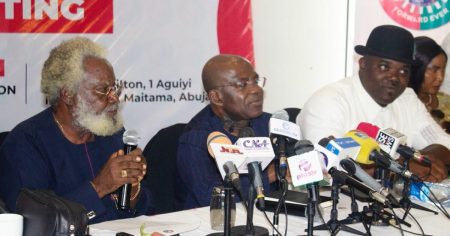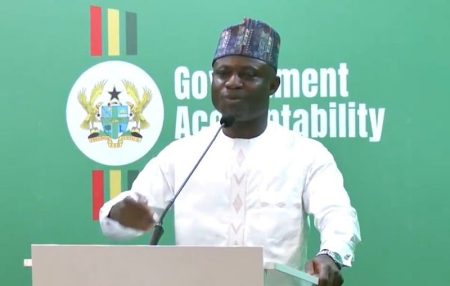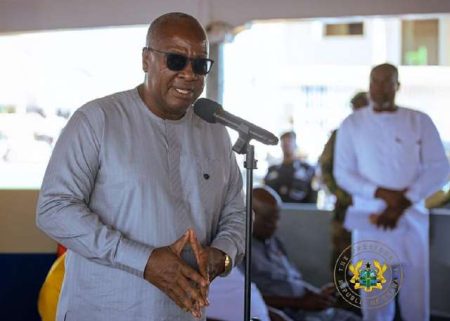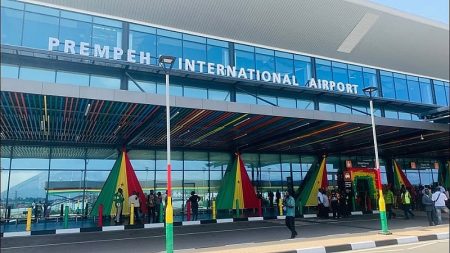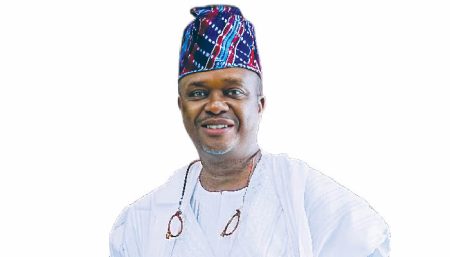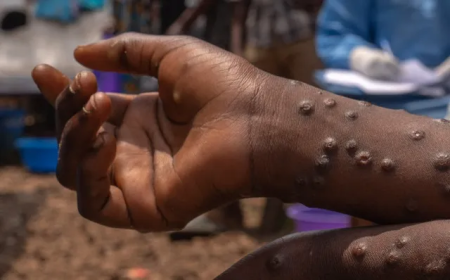Paragraph 1: The Looming Legal Challenge to the NPP’s Extraordinary Conference
A legal battle is brewing within the New Patriotic Party (NPP) as two of its members, Shamsudeen Iddrisu and Boateng Kwadwo, seek to halt the party’s Extraordinary National Delegates Conference. Filed on July 14, 2025, their motion for an interlocutory injunction aims to prevent the conference, scheduled for July 18-20, 2025, at the University of Ghana Stadium, from taking place. The plaintiffs contend the conference violates established NPP procedures and could jeopardize their separate, substantive legal challenge against the party. They argue that proceeding with the conference before their initial case is resolved would prejudice the legal process and potentially taint any decisions made at the event. This legal maneuver threatens to disrupt a crucial gathering for the NPP, particularly as the 2028 general elections approach.
Paragraph 2: The Plaintiffs’ Arguments and Legal Basis for the Injunction
The core of Iddrisu and Kwadwo’s argument rests on the premise that the planned Extraordinary Delegates Conference contravenes existing party rules and regulations. They believe that holding the conference prior to the resolution of their primary legal challenge would create an unfair advantage and potentially invalidate any outcomes of the conference. Their motion, filed under Order 25 of C.I. 47, seeks to maintain the status quo until the court fully adjudicates their initial lawsuit. They also request the court to issue any further orders deemed necessary to ensure fairness and protect their interests. The specifics of their substantive lawsuit remain undisclosed in the provided information, but its connection to the conference underscores the potential impact of the court’s decision on the NPP’s internal affairs.
Paragraph 3: The Significance of the Extraordinary Delegates Conference for the NPP
The Extraordinary Delegates Conference is a pivotal event in the NPP’s calendar, serving as a platform for critical discussions and decisions. It provides an opportunity to amend the party’s constitution, formulate election strategies, and address key issues that shape the party’s direction. Given the impending 2028 general elections, this conference carries added weight. Decisions made at the conference would likely influence candidate selection, campaign strategies, and overall party positioning in the lead-up to the elections. Disrupting this crucial gathering could have significant repercussions for the NPP’s internal organization and its electoral preparations.
Paragraph 4: Potential Implications of the Injunction and the Broader Context
The potential granting of the injunction could severely disrupt the NPP’s political timeline and internal dynamics. Delaying or canceling the conference would impede the party’s ability to address crucial pre-election matters, potentially creating internal dissent and uncertainty. Furthermore, the legal challenge itself highlights potential divisions within the party. The plaintiffs’ actions suggest a level of dissatisfaction with the current party leadership or processes, which, if unresolved, could escalate into more significant internal conflicts. The court’s decision will not only determine the fate of the conference but also influence the overall political trajectory of the NPP.
Paragraph 5: The NPP’s Response and the Road Ahead
As of the latest information available, the NPP had not yet officially responded to the injunction application. Their response will be crucial in shaping the court’s perspective and ultimate decision. The party’s legal team will need to address the plaintiffs’ claims regarding procedural violations and the potential prejudice to their existing lawsuit. They will likely argue the importance of holding the conference as scheduled to ensure the party’s preparedness for the upcoming elections. The court’s deliberations will involve a careful balancing act, weighing the plaintiffs’ right to a fair legal process against the NPP’s need to conduct essential party business.
Paragraph 6: The Broader Implications for Political Processes in Ghana
This case underscores the increasing role of the judiciary in regulating internal party affairs in Ghana. The courts are becoming increasingly involved in resolving intra-party disputes, which has implications for both party autonomy and the integrity of democratic processes. The outcome of this case could set a precedent for future legal challenges to party decisions, potentially influencing the conduct of internal elections and the management of party structures. This heightened judicial scrutiny necessitates greater transparency and adherence to due process within political parties, ultimately contributing to a more robust and accountable democratic framework.




